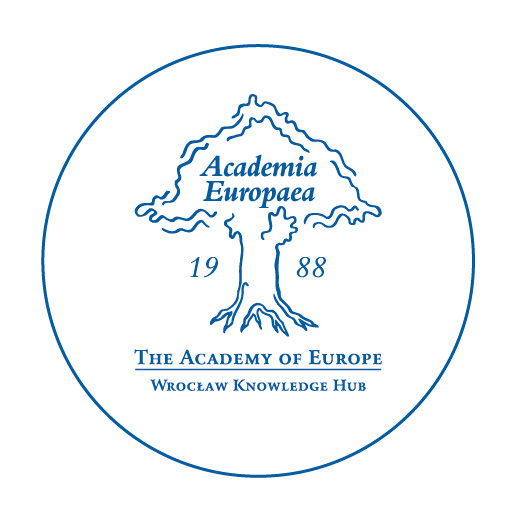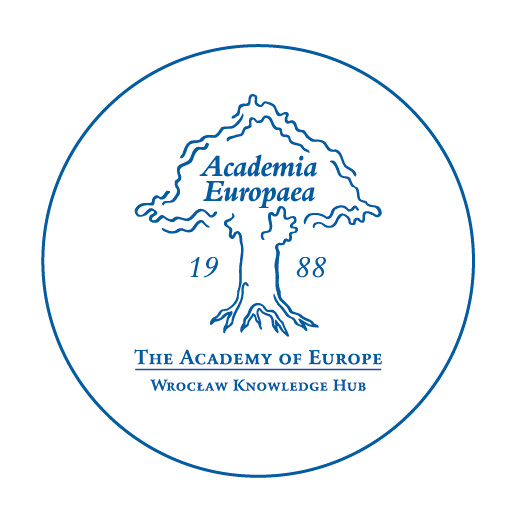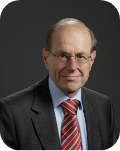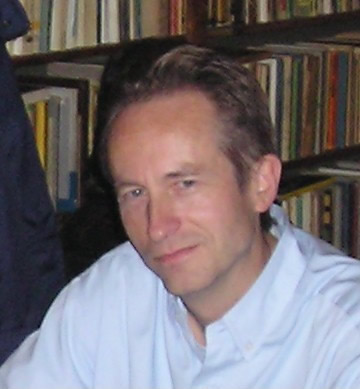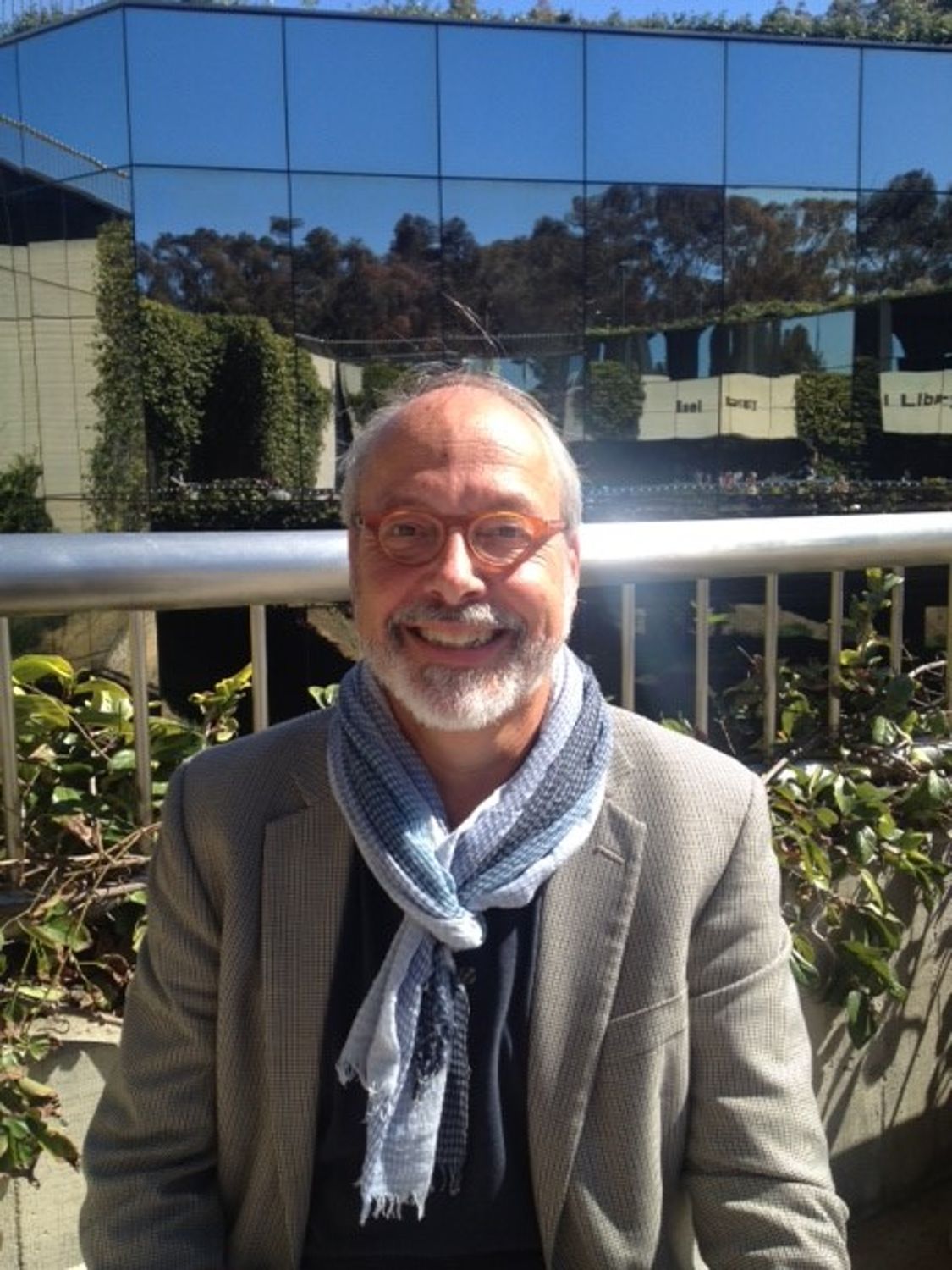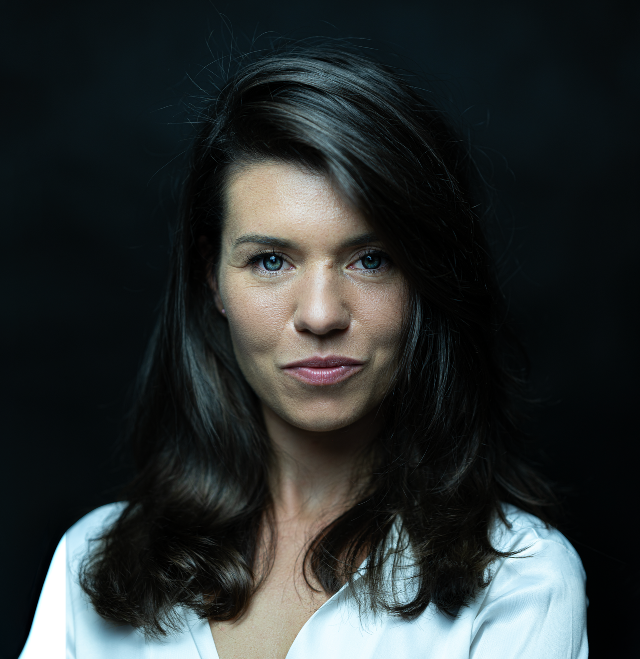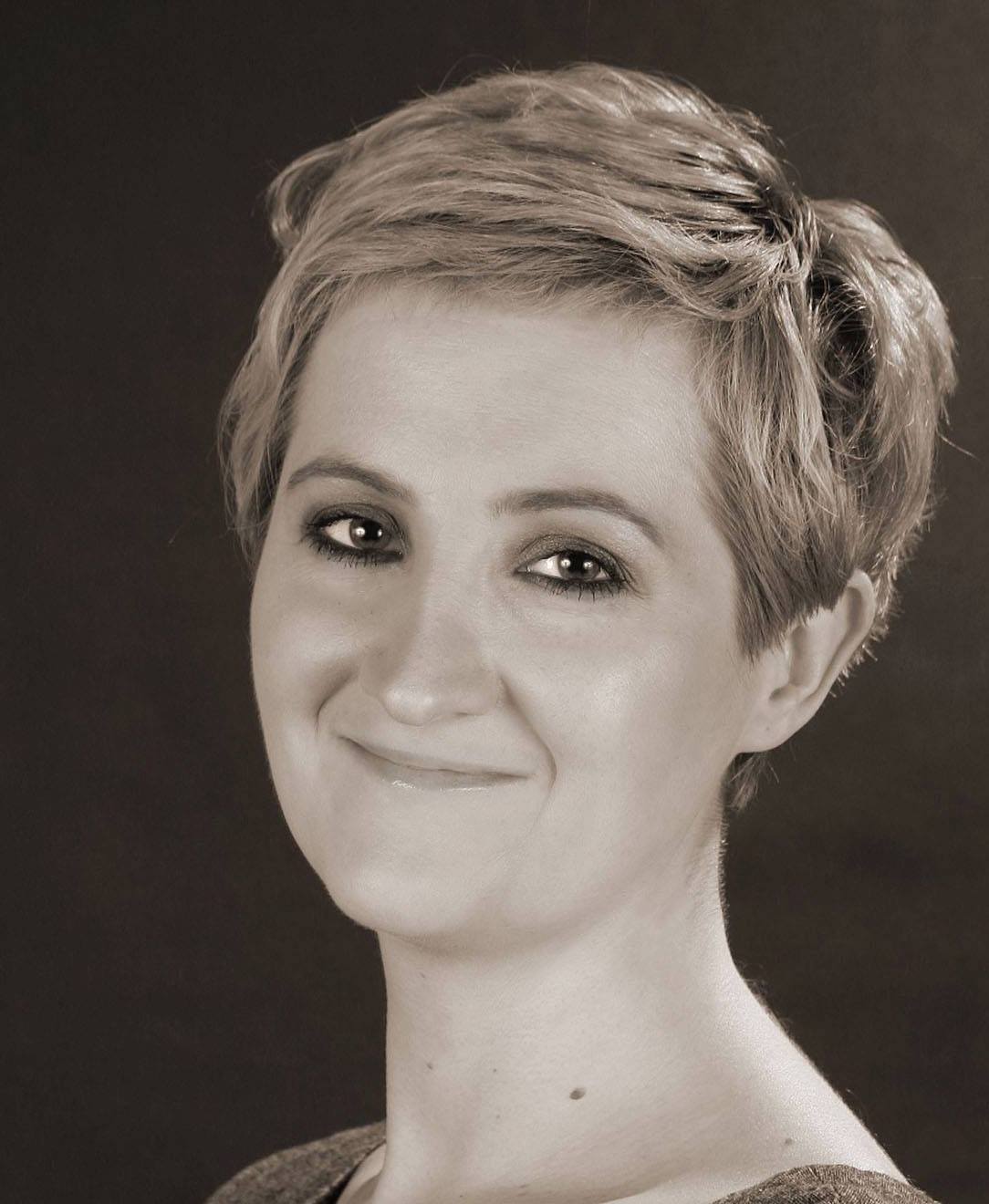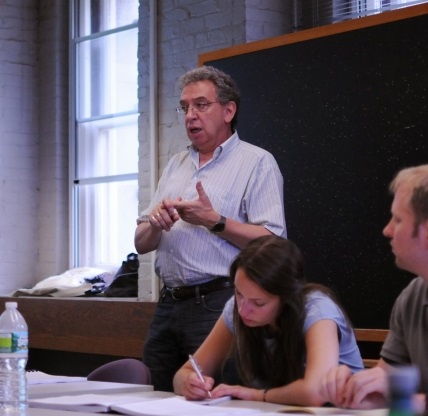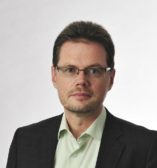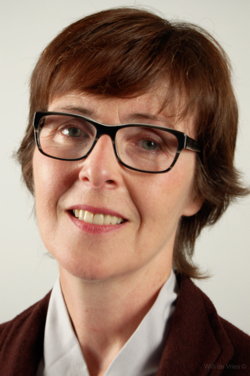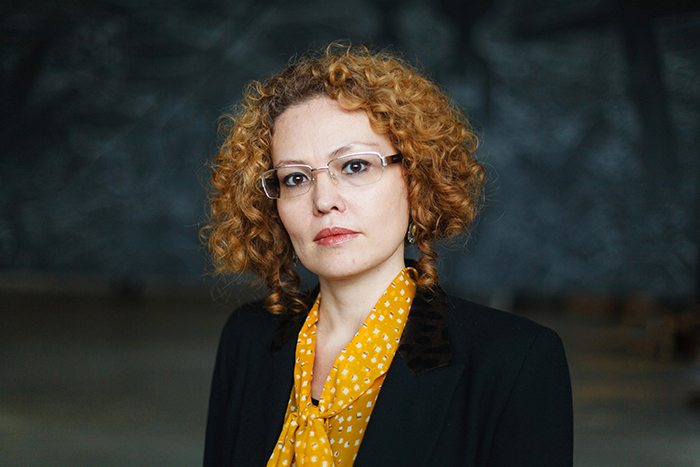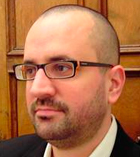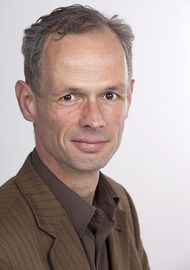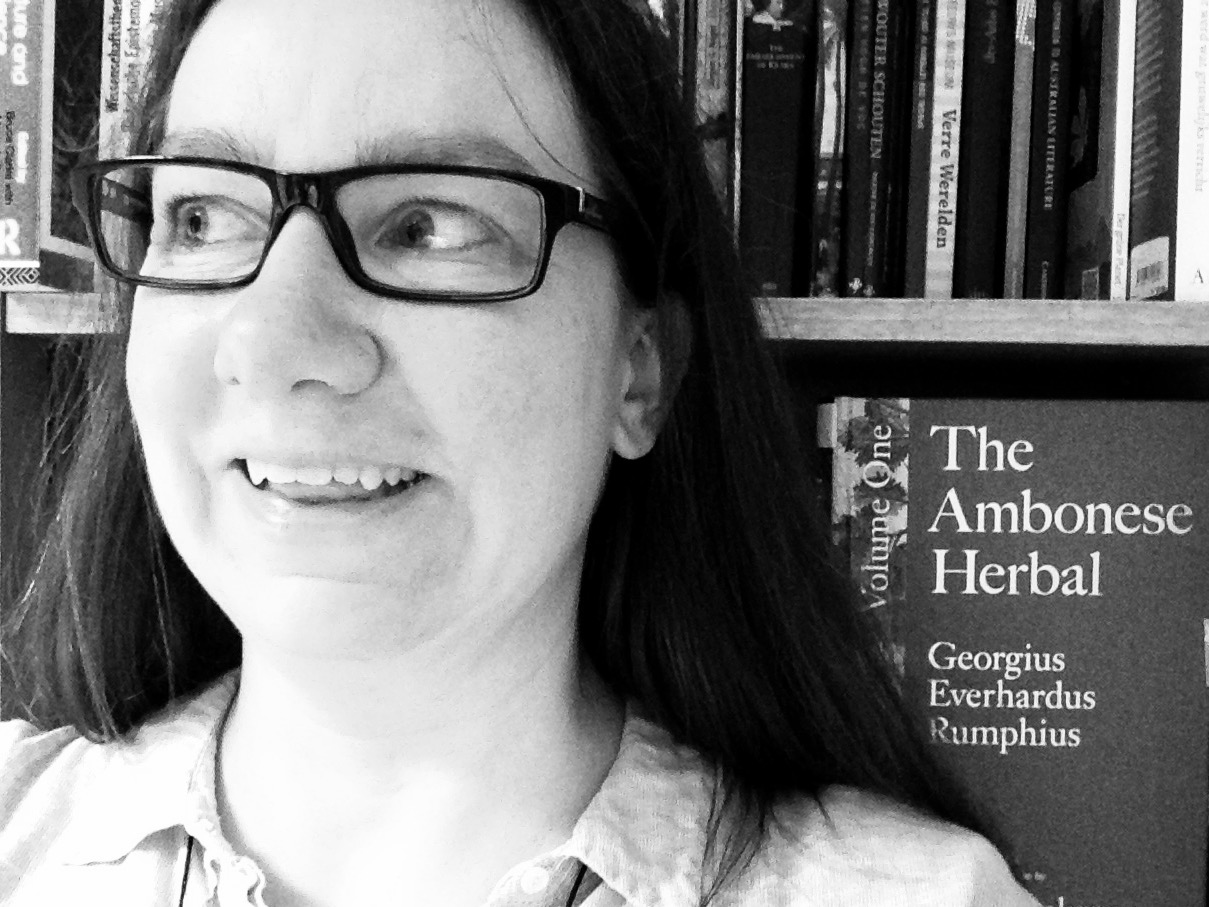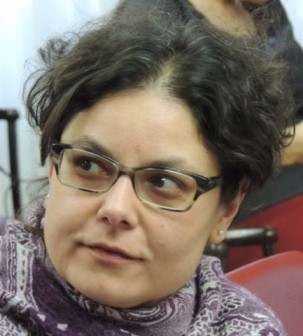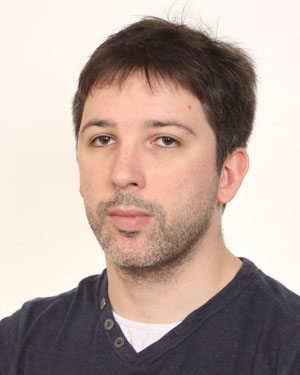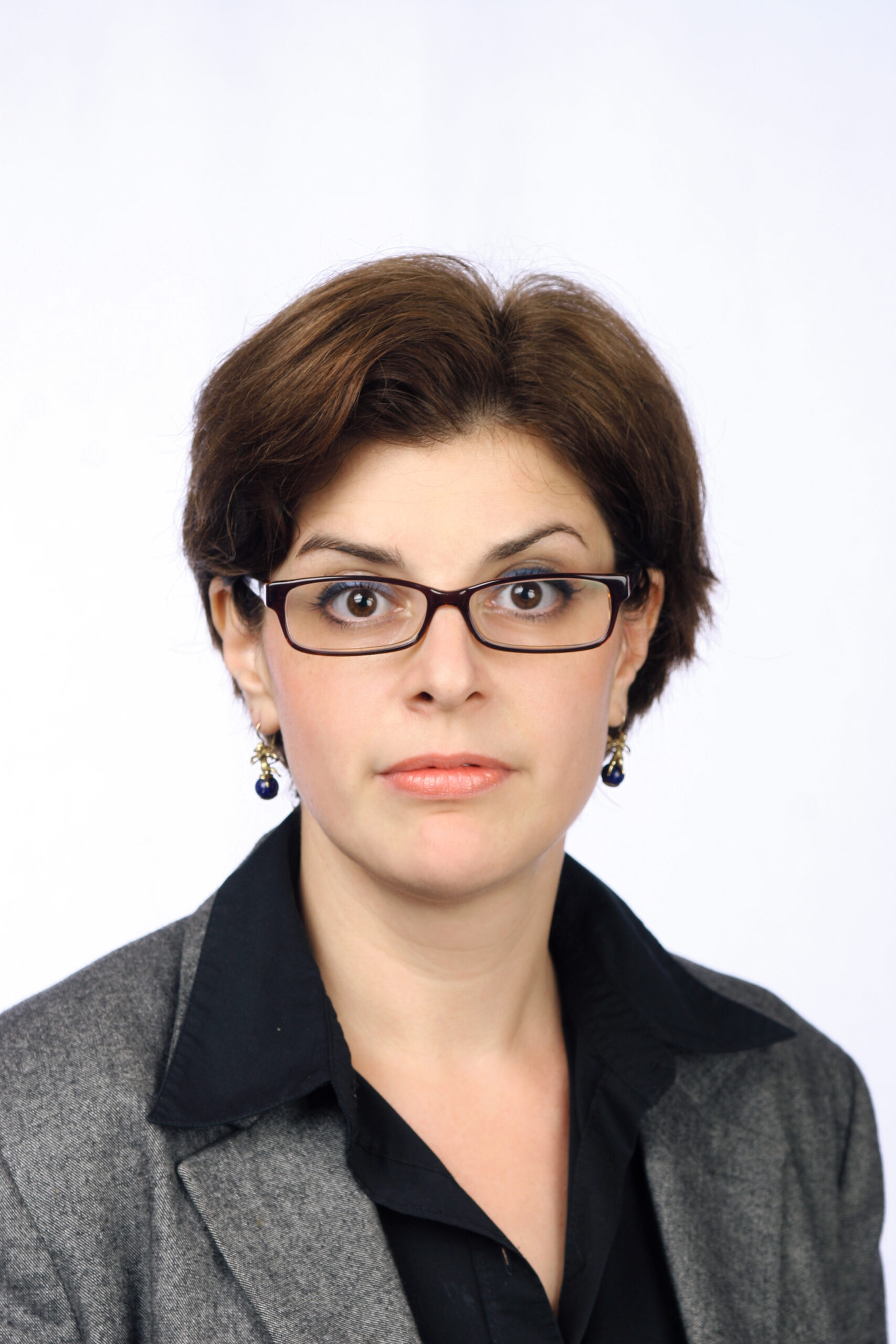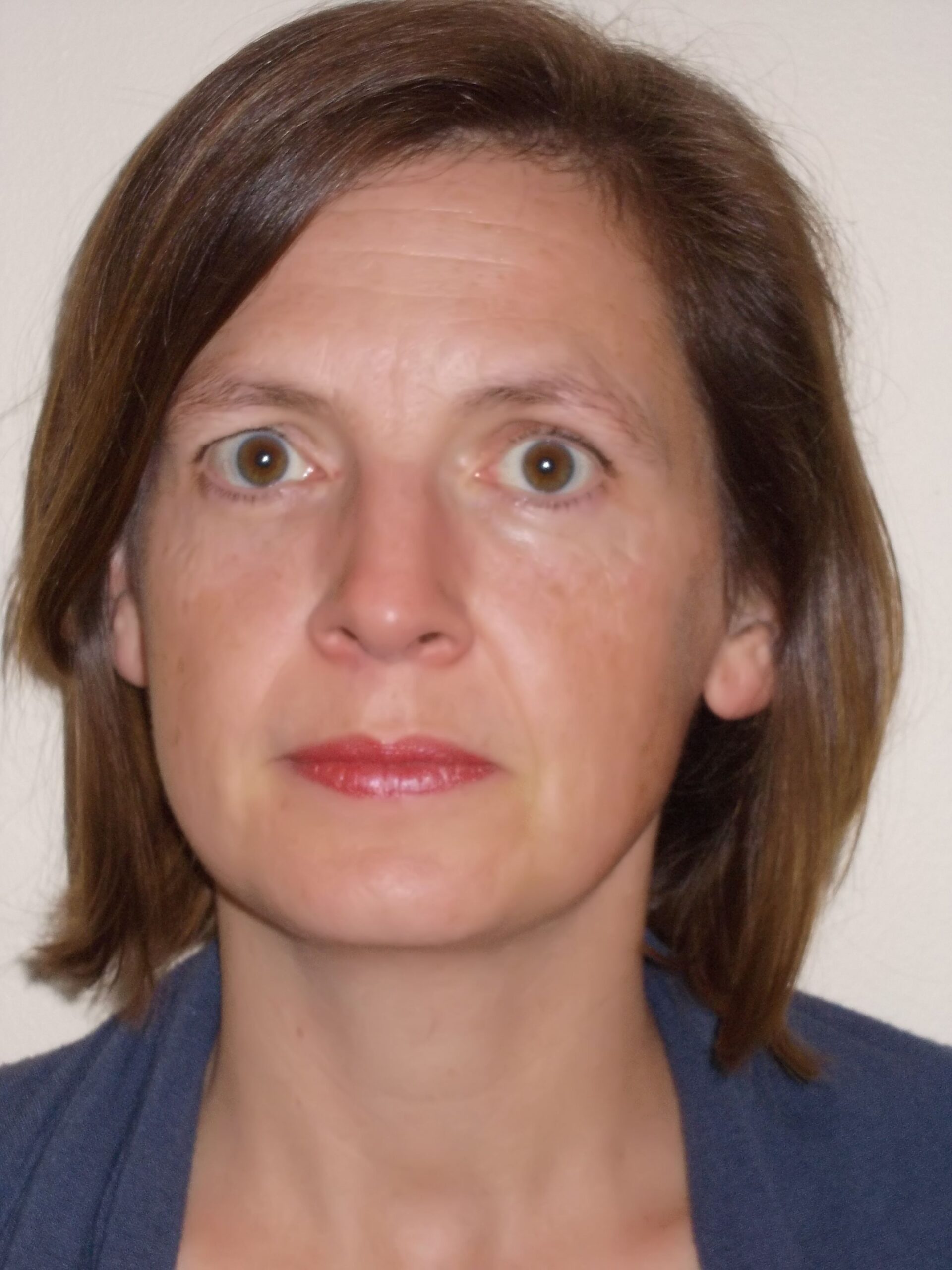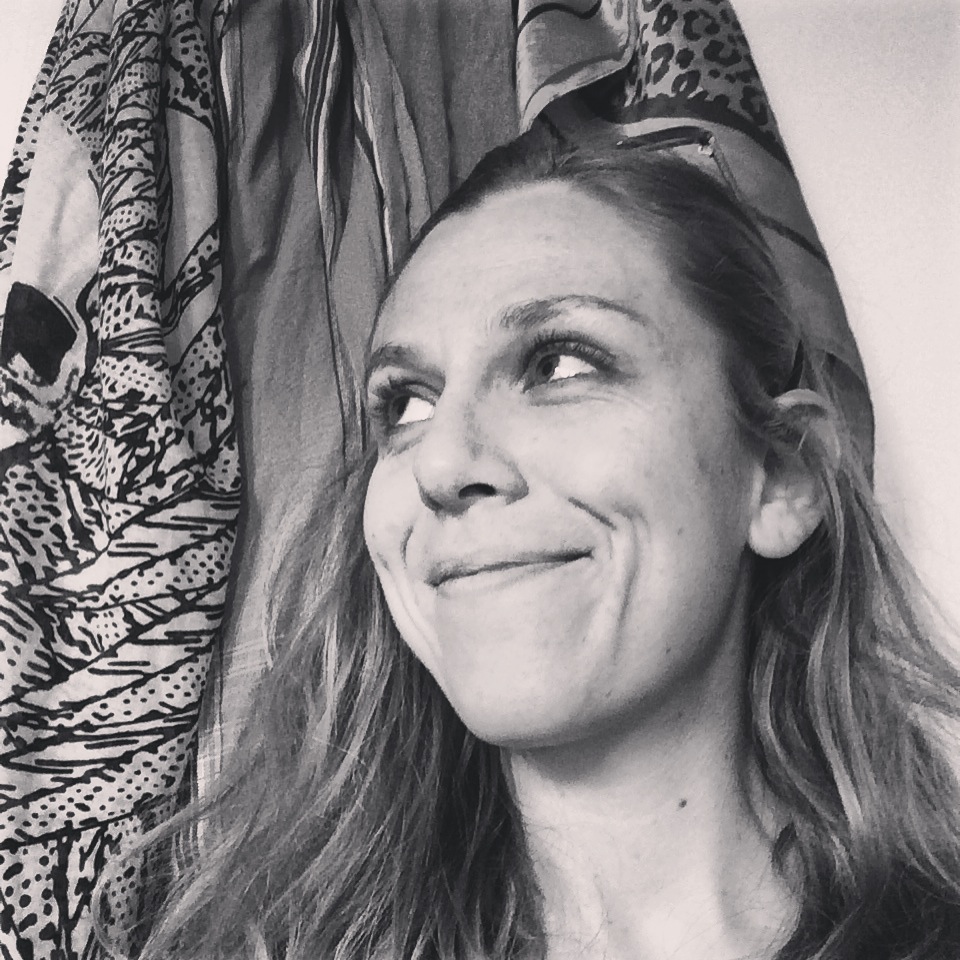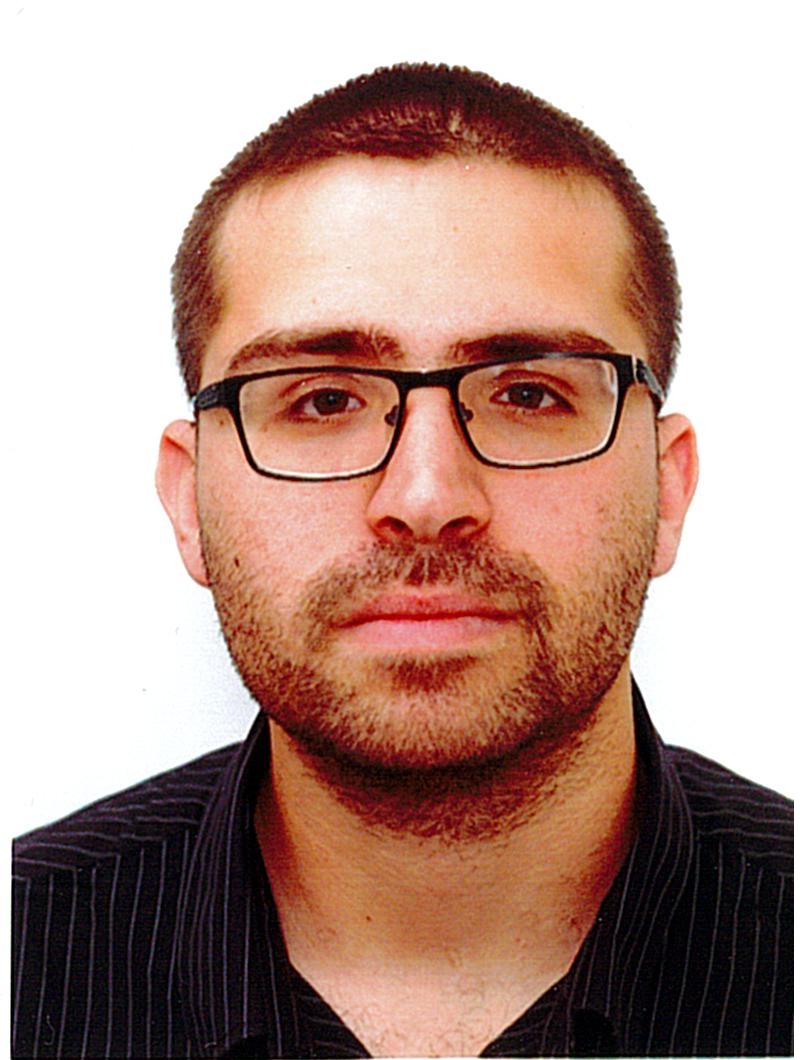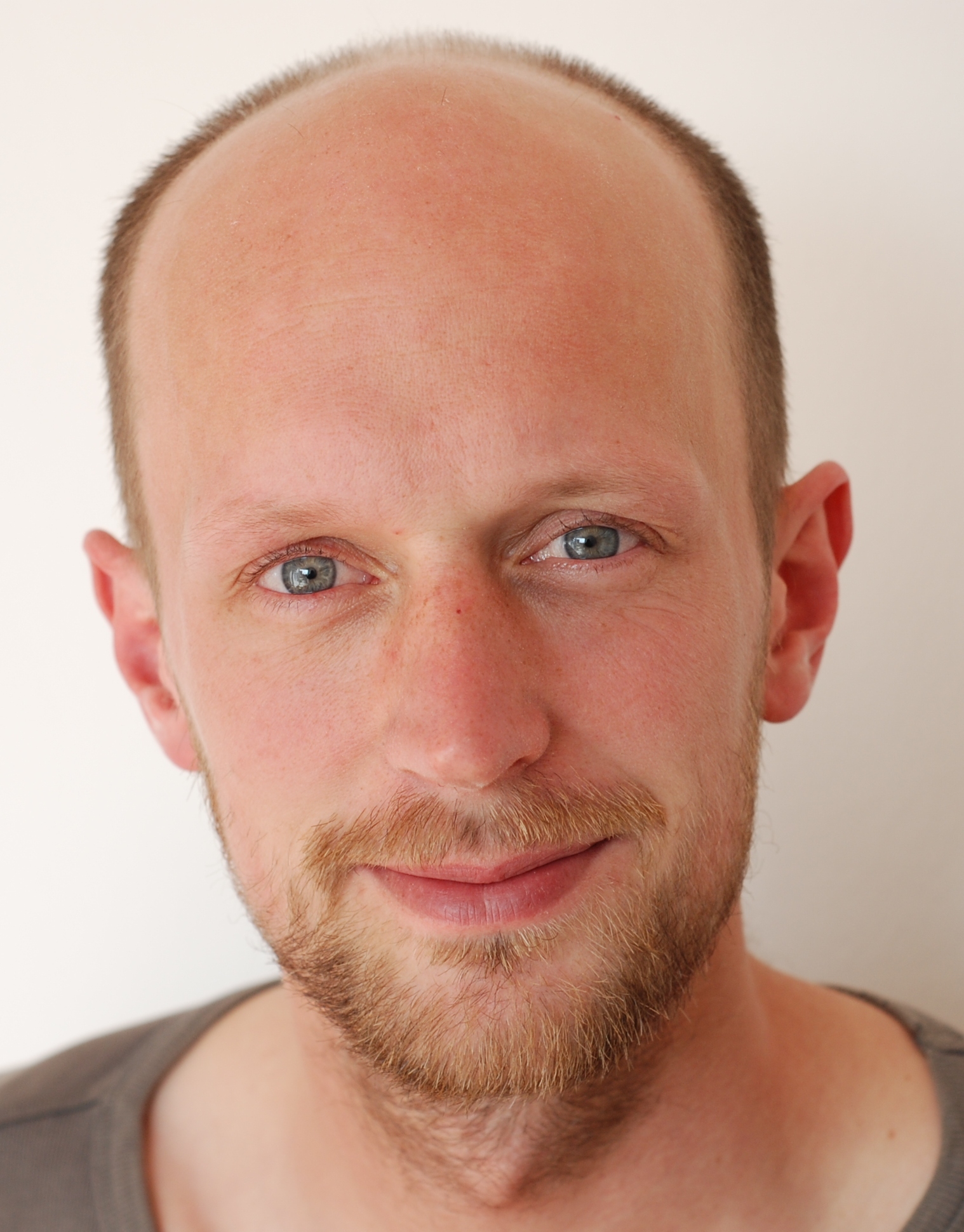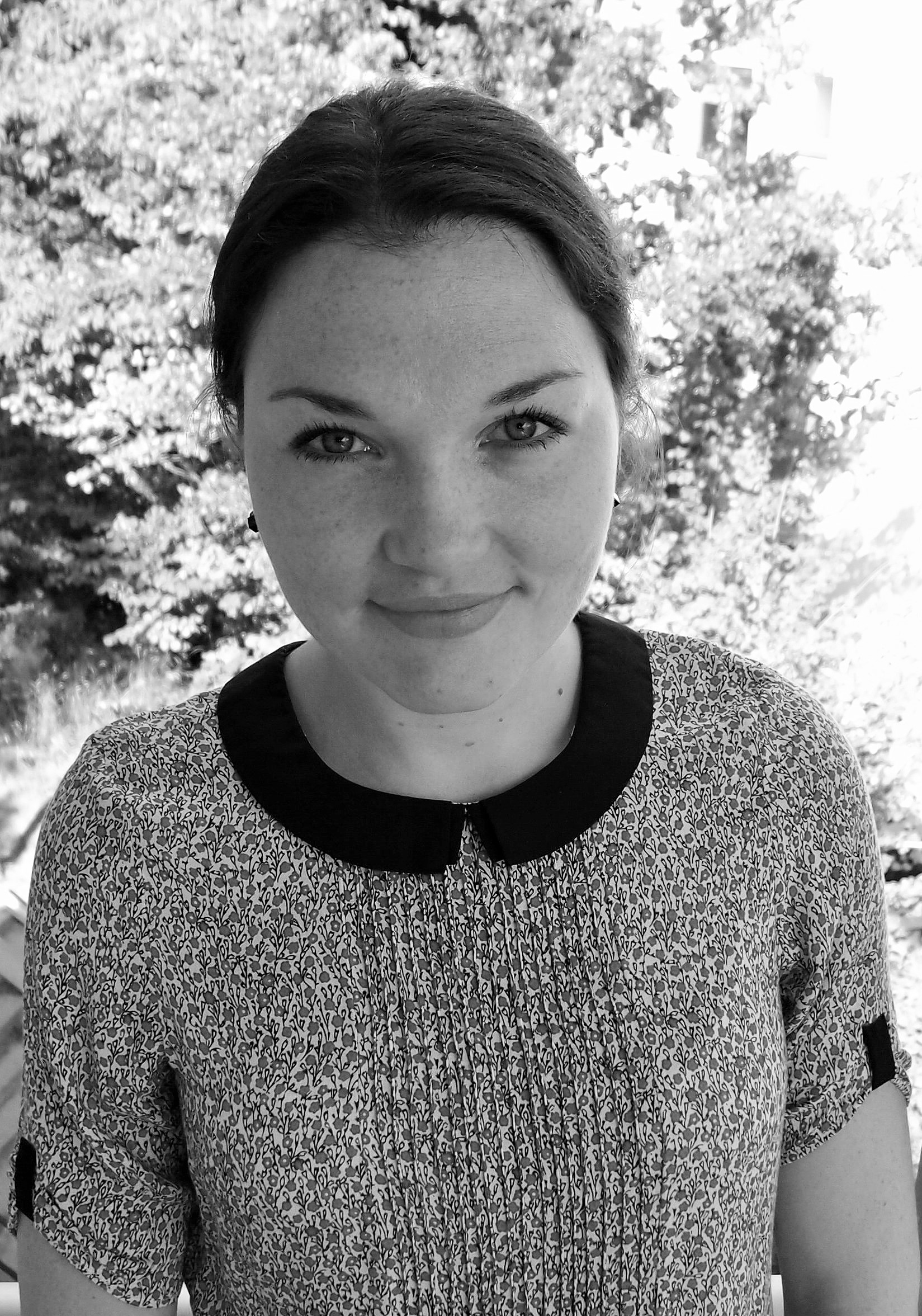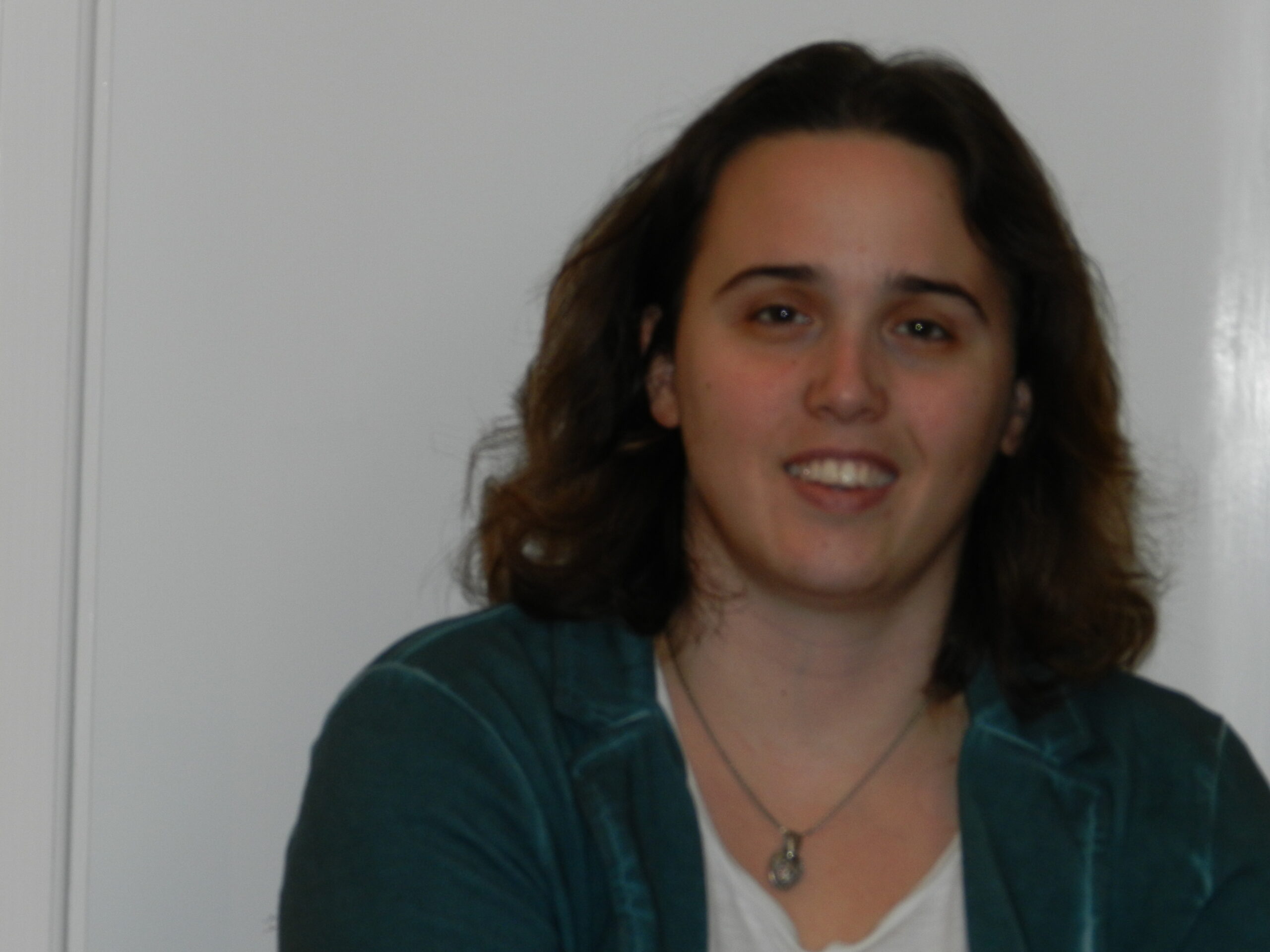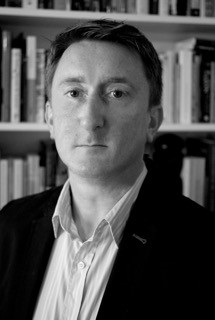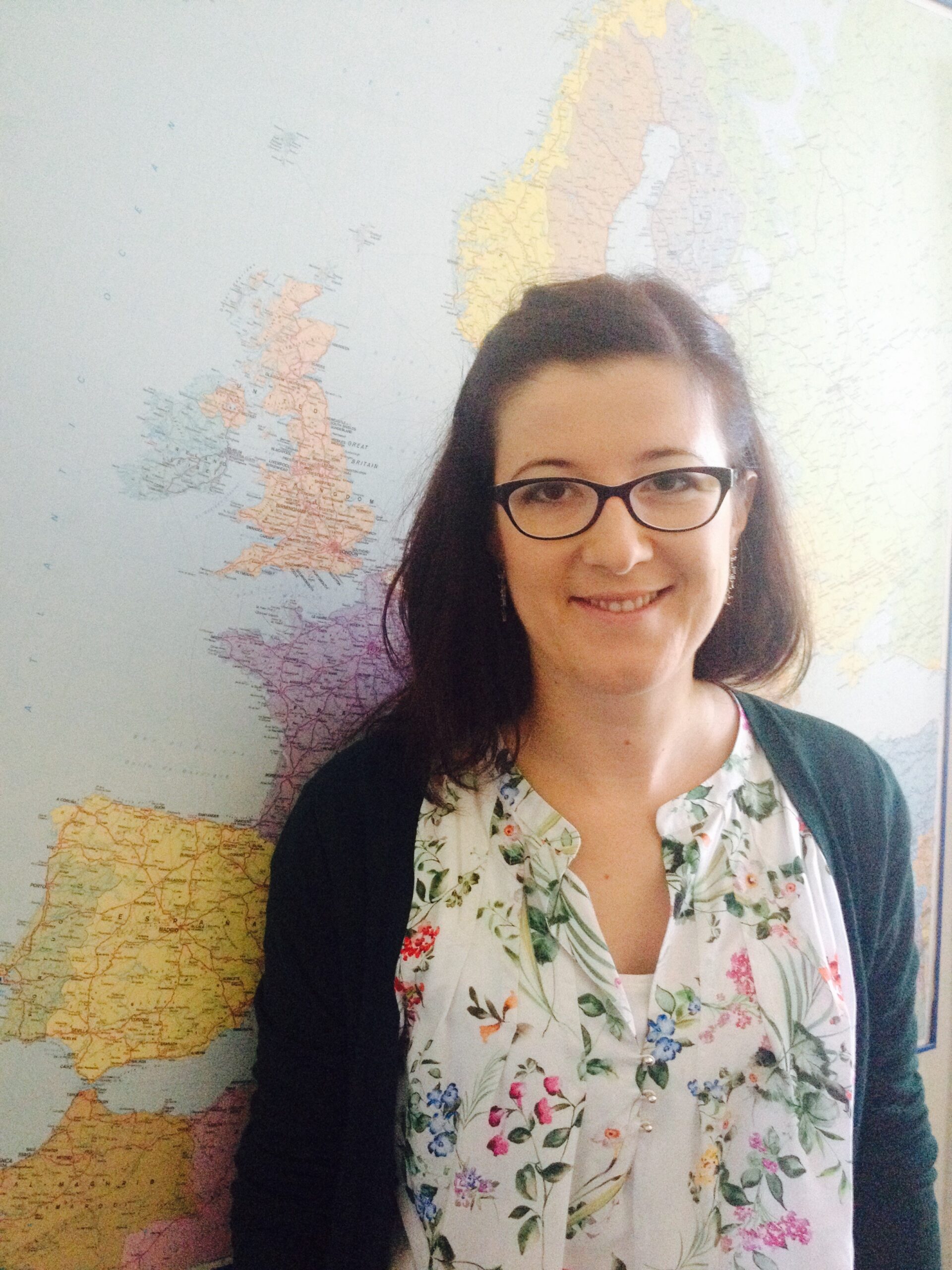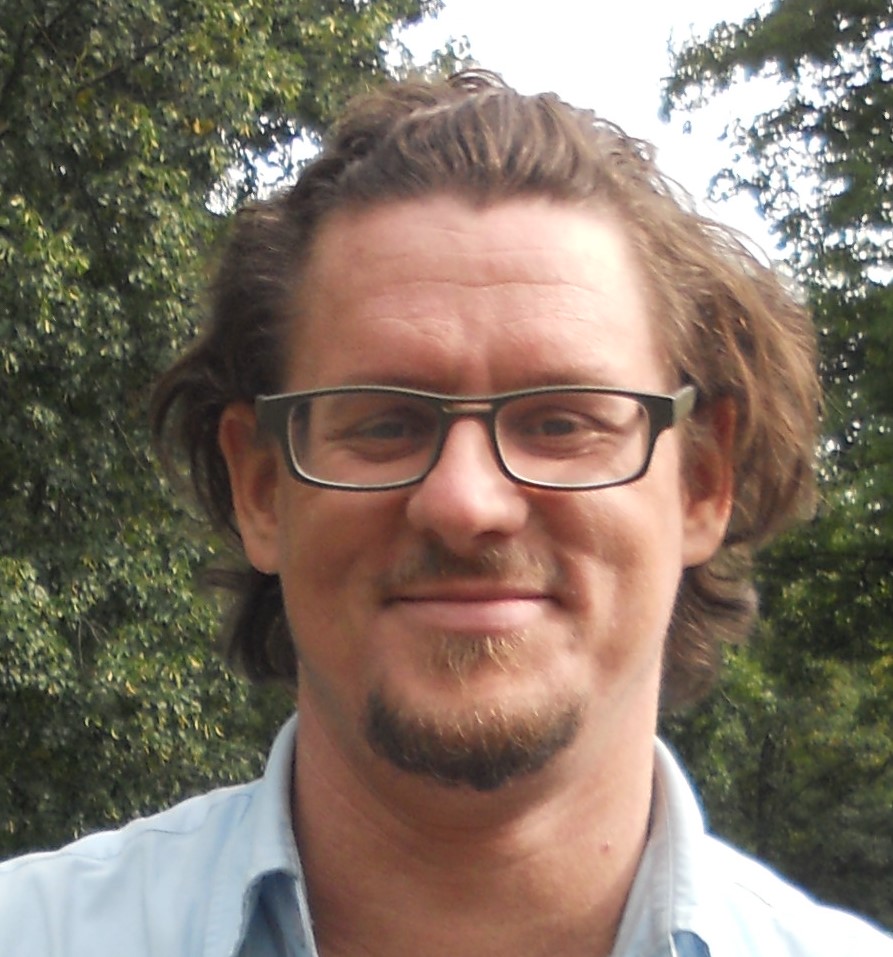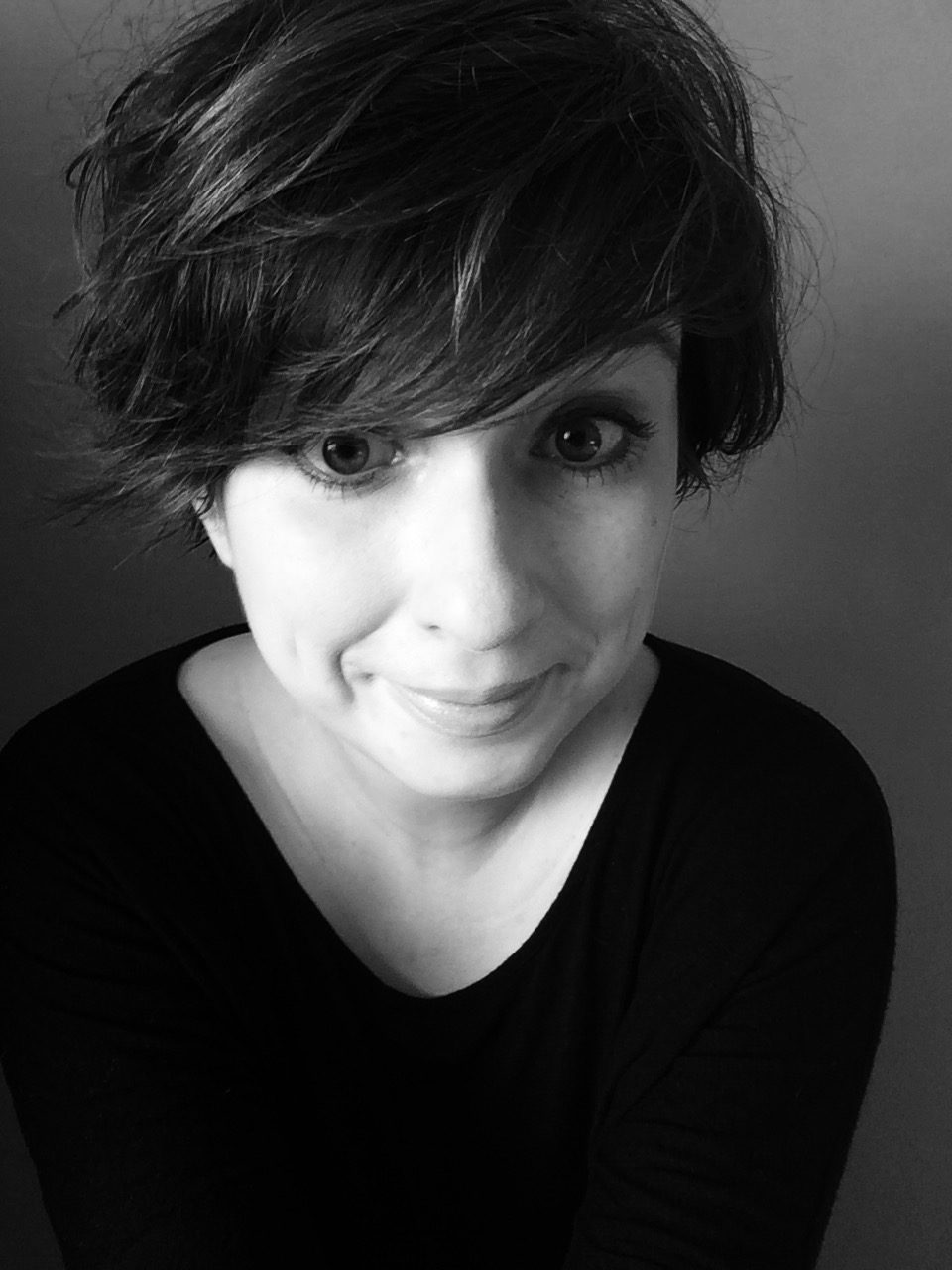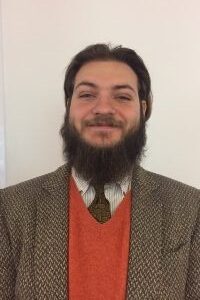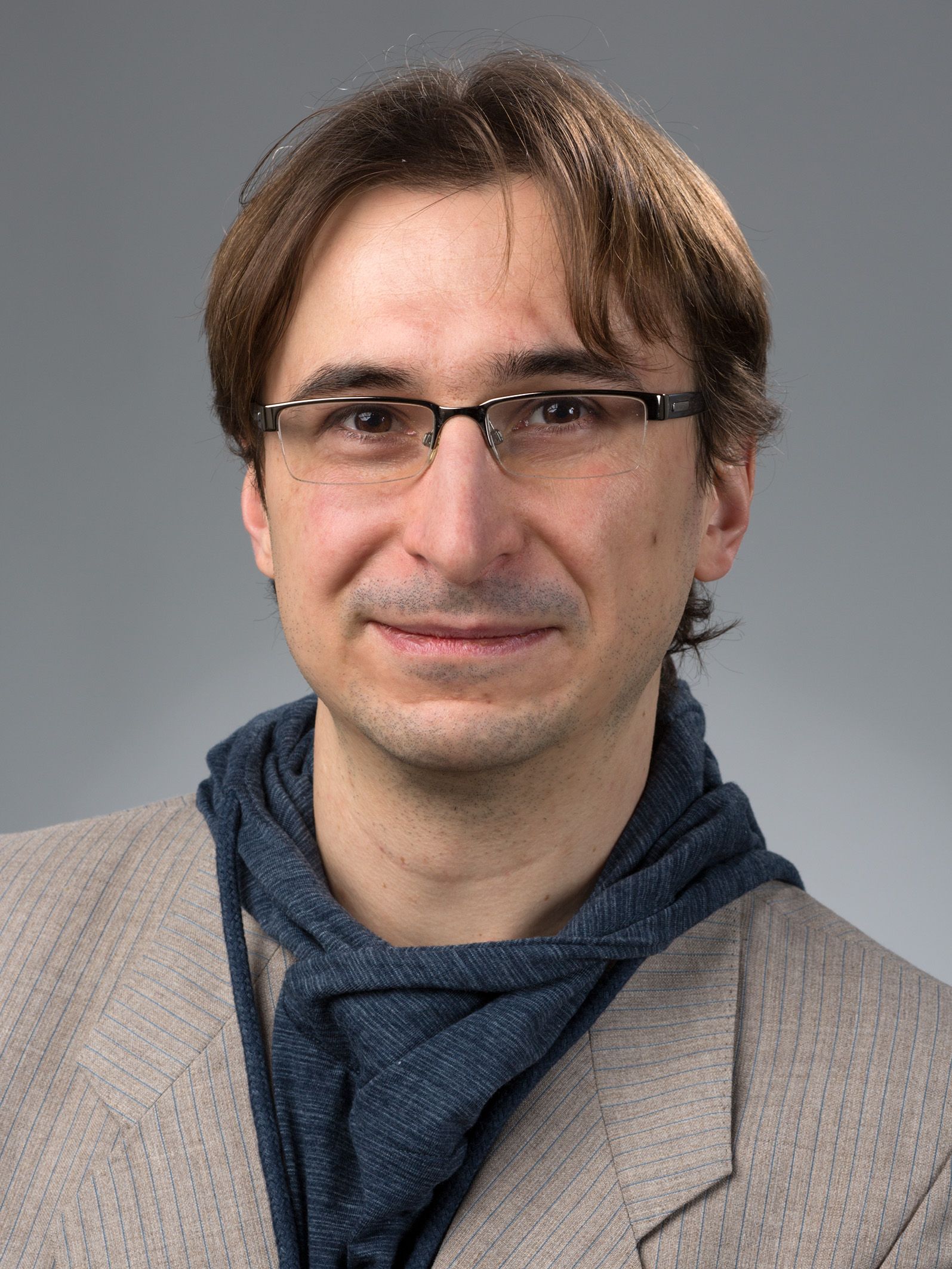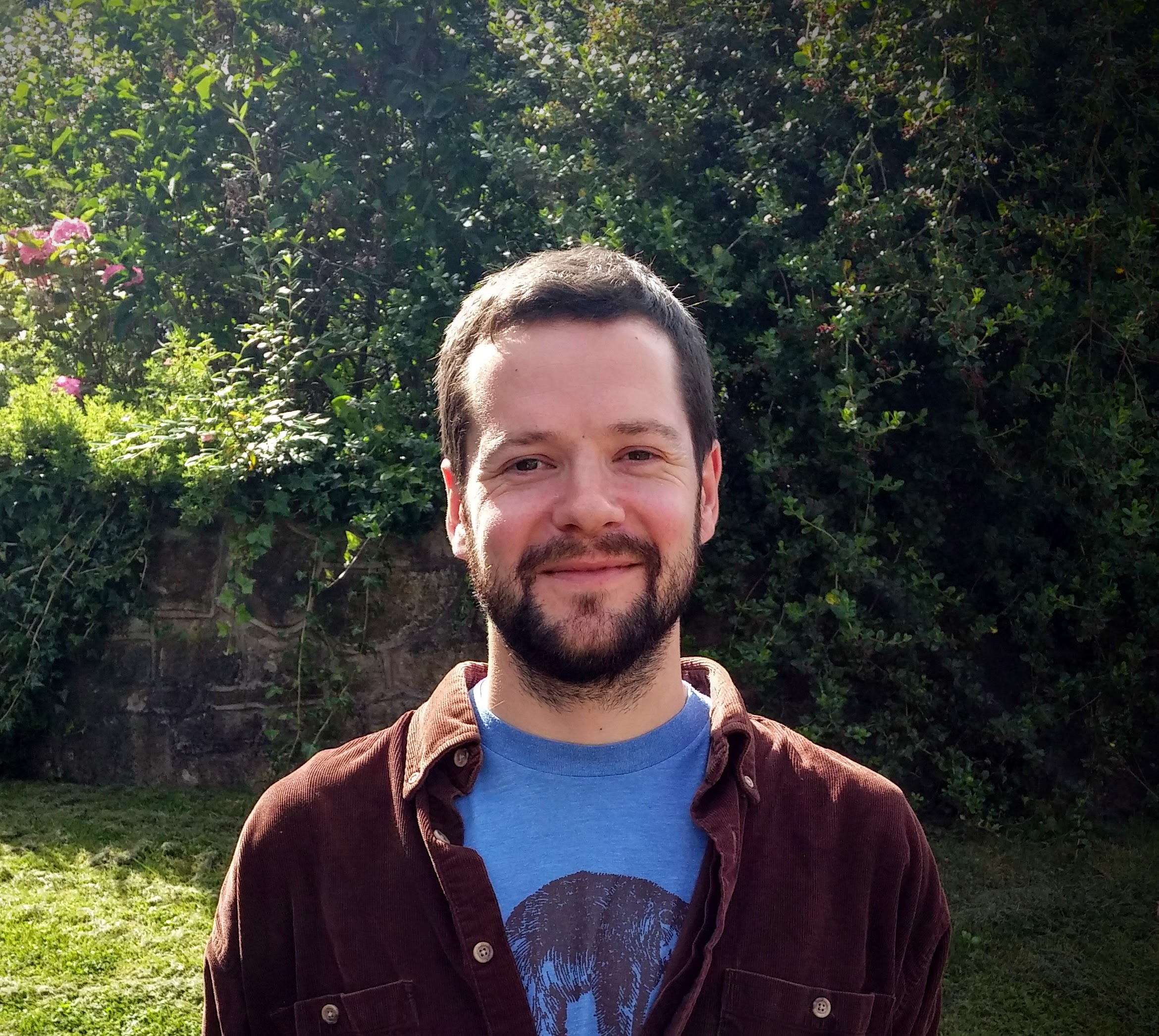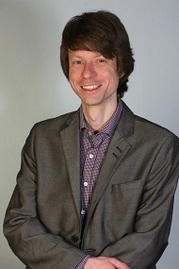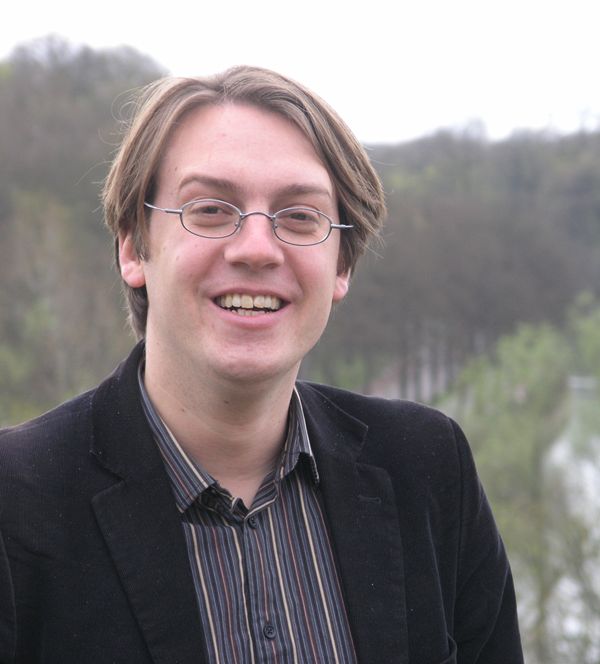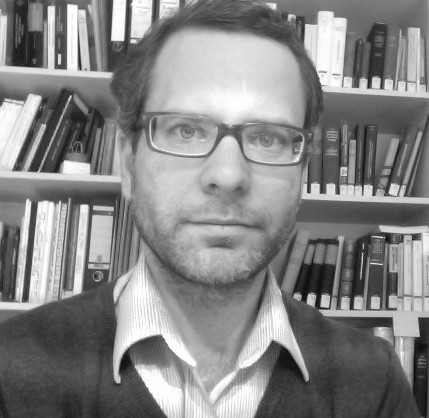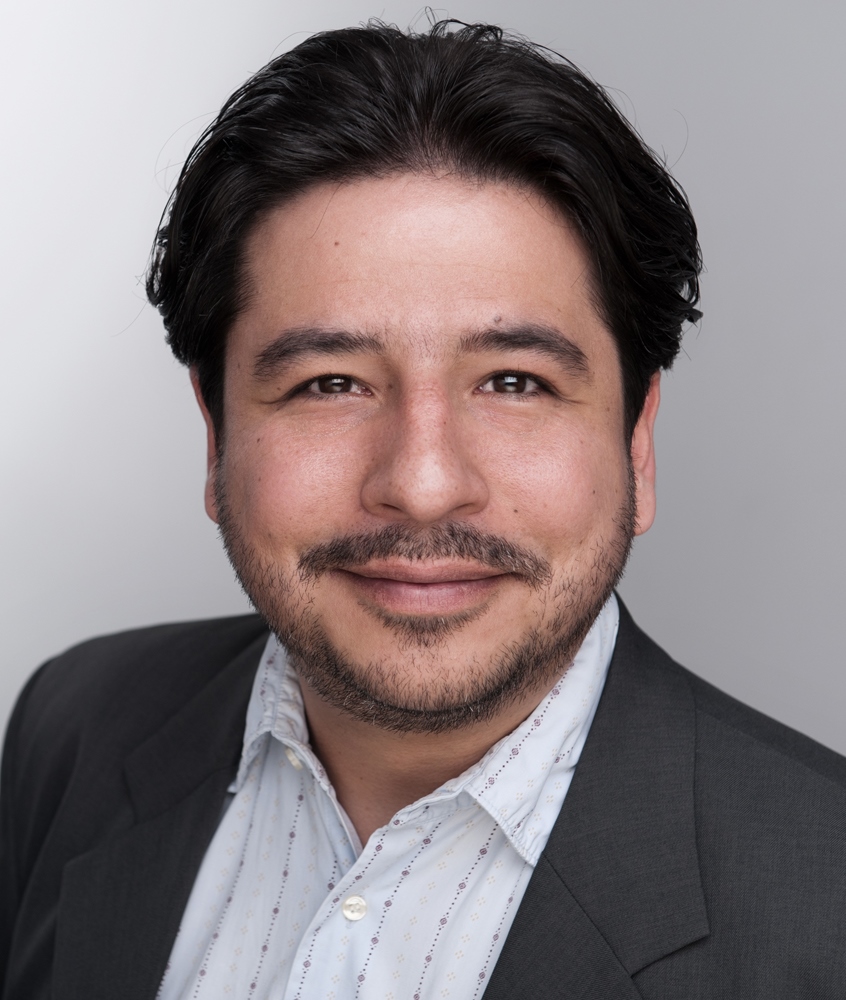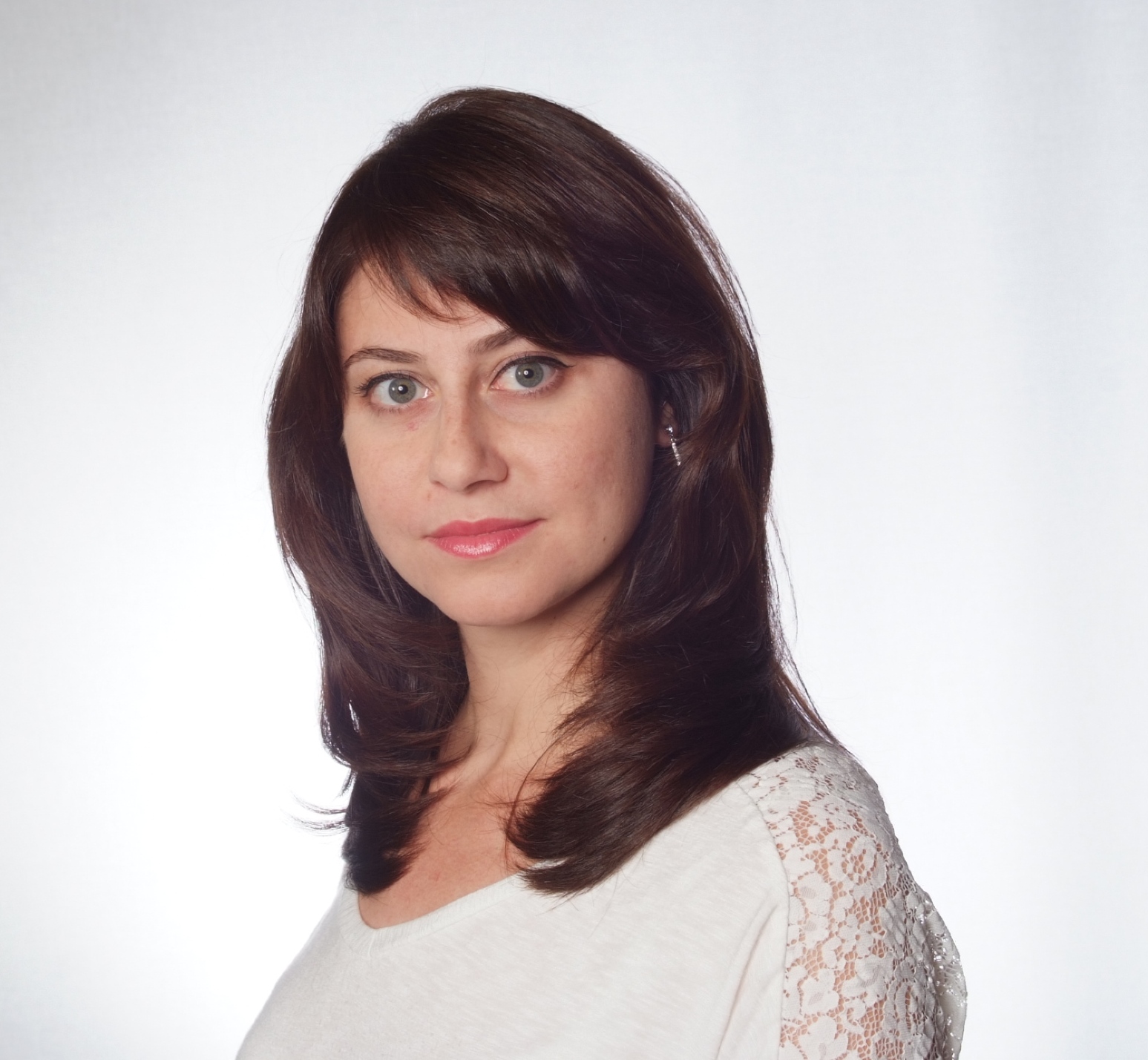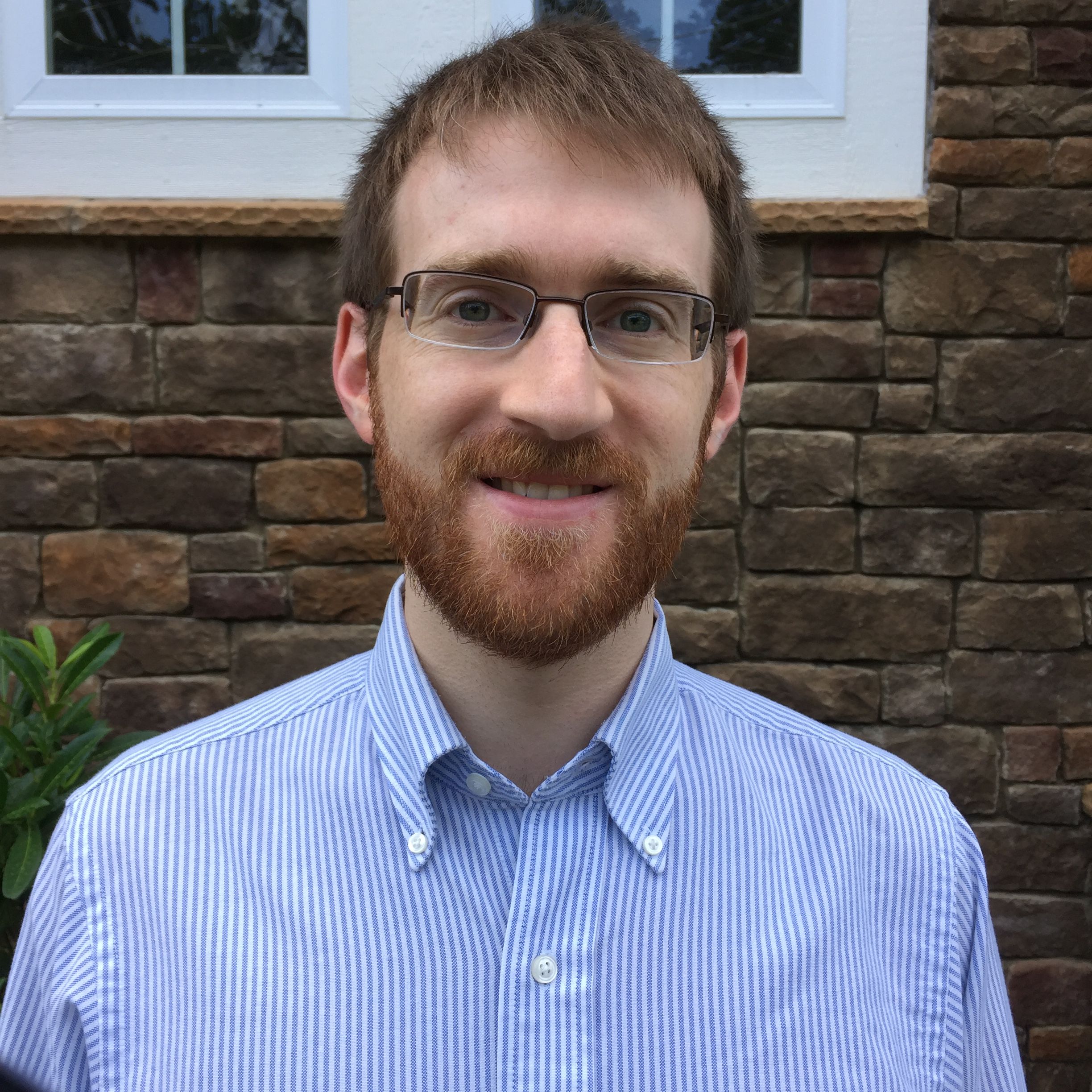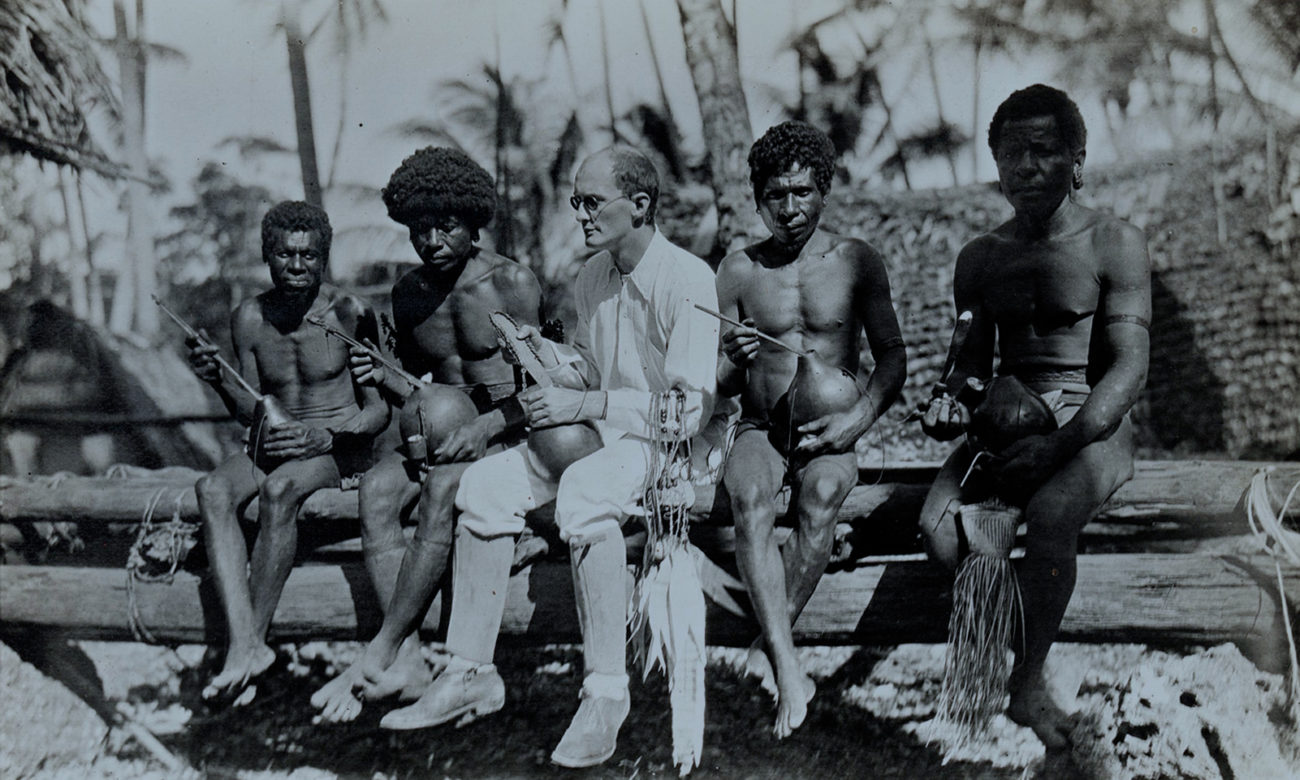
Central Europe and Colonialism: Migrations, Knowledges, Perspectives, Commodities
About The Wrocław Seminars
The Wrocław Seminars is a joint initiative of Academia Europaea, University of Wrocław, and Riksbankens Jubileumsfond, intended to be a three-year project including three international seminars. The project caters to mainly young researchers (before the doctoral defence or right afterwards) from Central and Eastern Europe. The AE Board aims to transform this initiative into a multi-annual programme oriented towards the development of scientific and research bridges between Western Europe and Central and Eastern Europe. The project’s topic is Relocating Central Europe in Early Modern and Modern Communication Networks. Relocating Central Europe in Early Modern and Modern Communication Networks.
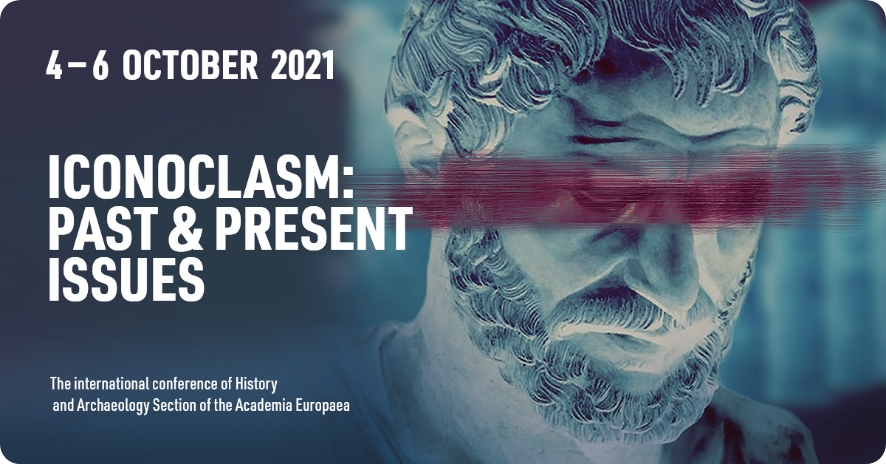
About The Wrocław Seminars
The Wrocław Seminars is a joint initiative of Academia Europaea, University of Wrocław, and Riksbankens Jubileumsfond, intended to be a three-year project including three international seminars. The project caters to mainly young researchers (before the doctoral defence or right afterwards) from Central and Eastern Europe. The AE Board aims to transform this initiative into a multi-annual programme oriented towards the development of scientific and research bridges between Western Europe and Central and Eastern Europe. The project’s topic is Relocating Central Europe in Early Modern and Modern Communication Networks. Relocating Central Europe in Early Modern and Modern Communication Networks.
Topics of the three symposia:
The EU and NATO borders have shifted eastward since the end of the Cold War, but this has not yet been reflected sufficiently in international research in the humanities. The old borders between Eastern and Western Europe are still tacitly assumed. Even when revisionist historians and cultural critics aim to correct traditional views in which Western Europe forms the supposed centre of Modernity, the shifts remain within the borders of the „old” EU, giving Southern Europe a more prominent place, or pertain to the former imperial space. In most cases, Central Europe remains an empty border space.
Part 1
Part 2
The process of collecting papers is closed.
Download documents:
The Wrocław Seminars is a joint initiative of Academia Europaea, University of Wrocław, and Riksbankens Jubileumsfond, intended to be a three-year project including three international seminars. The project caters to mainly young researchers (before the doctoral defence or right afterwards) from Central and Eastern Europe. The AE Board aims to transform this initiative into a multi-annual programme oriented towards the development of scientific and research bridges between Western Europe and Central and Eastern Europe. The project’s topic is Relocating Central Europe in Early Modern and Modern Communication Networks. Relocating Central Europe in Early Modern and Modern Communication Networks.
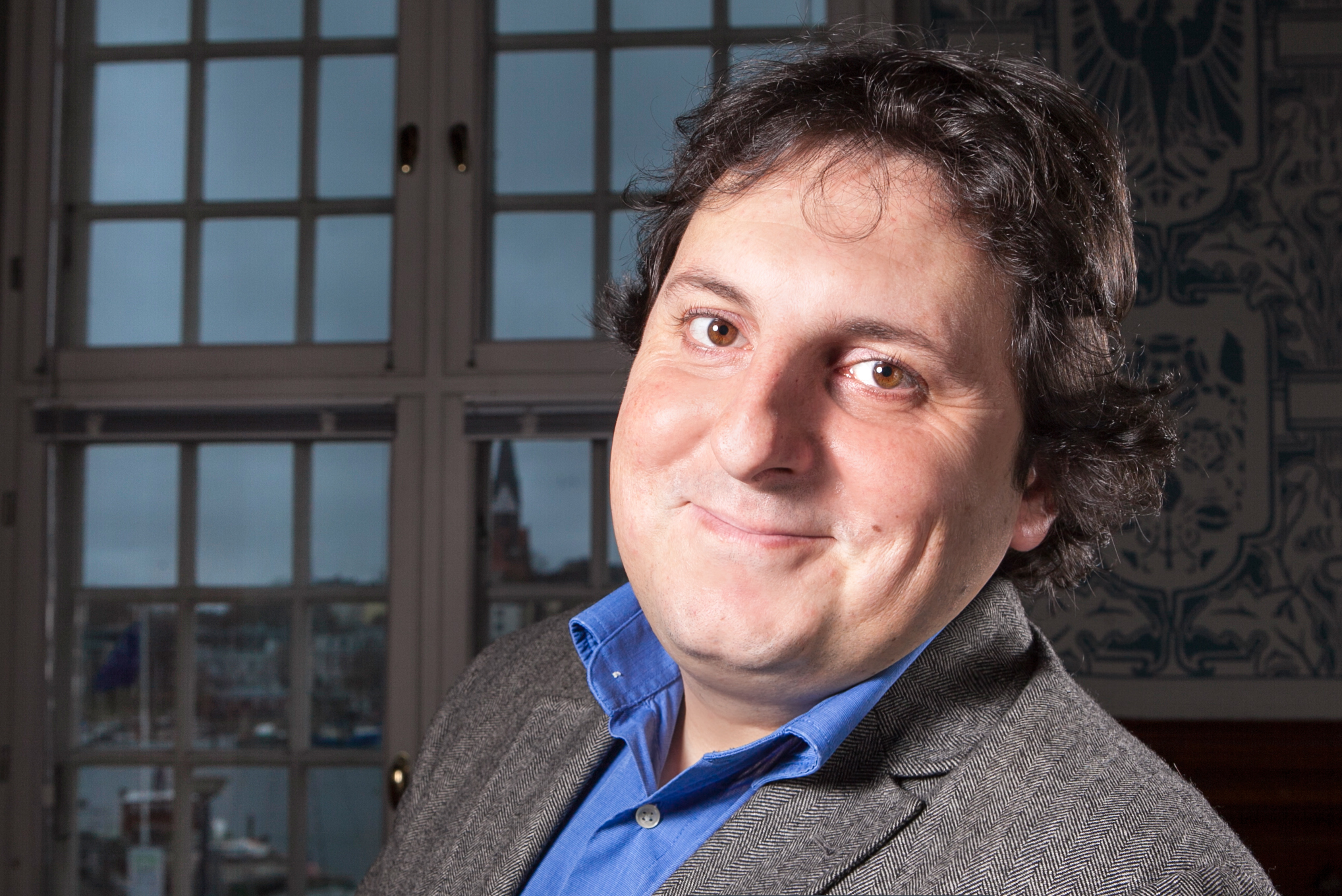
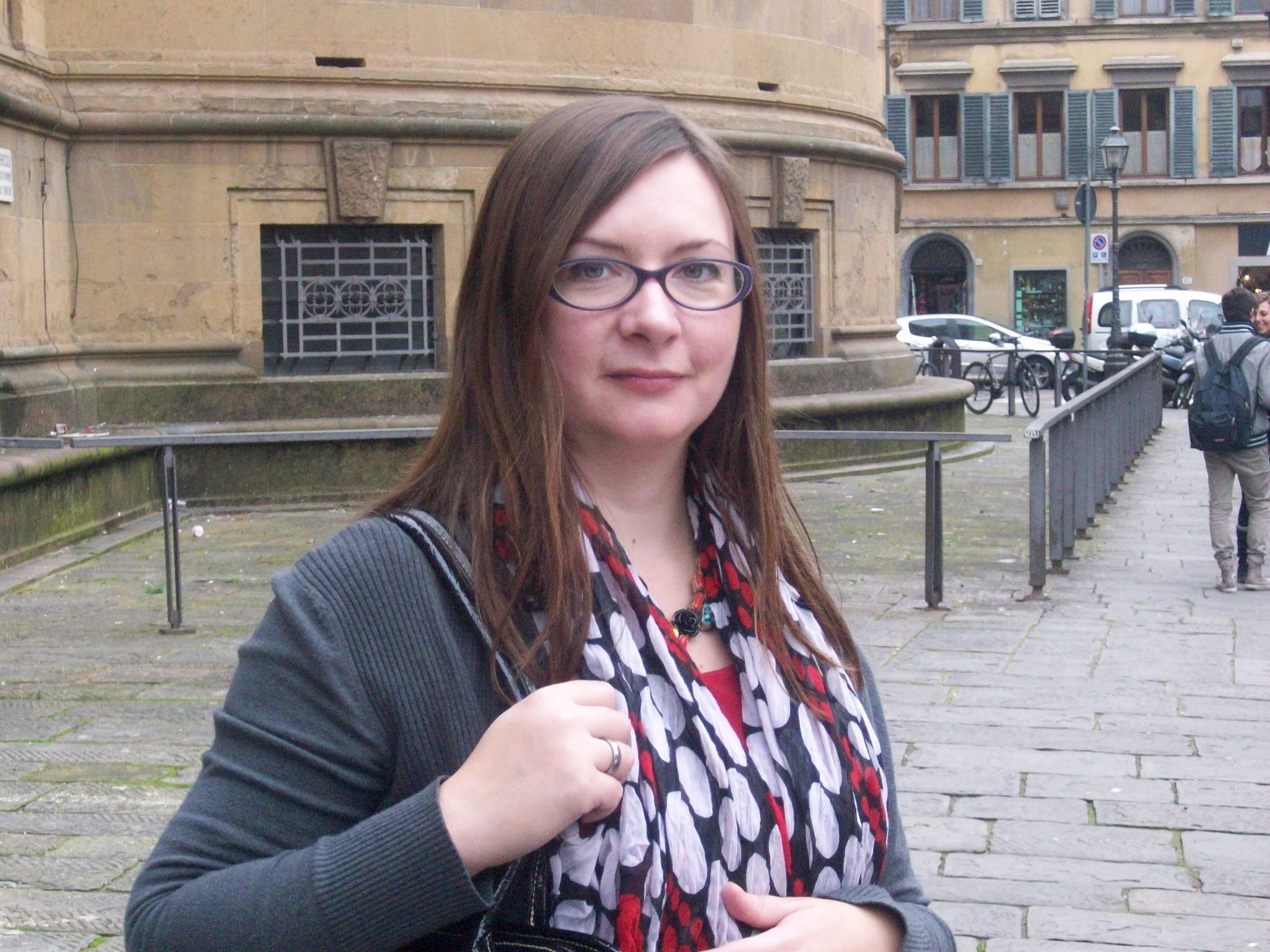
Registration
Welcome Addresses
- Professor Marcin Cieński, Dean, Faculty of Philology, University of Wrocław
- Professor Tadeusz Luty, Director, Academia Europaea Wrocław Knowledge Hub
- Professor Siegfried Huigen, Faculty of Philology, University of Wrocław; Academia Europaea Wrocław Knowledge Hub
Session 1 | Commodities 1
Session Chair: Michael North
-
09:30 – 10:00 am Dariusz Kołodziejczyk, Warsaw
Twisted Ways of Commodities in the Early Modern Era and the Positioning of Poland on the Map of Colonialism
-
10:00 – 10:15 am Werner Scheltjens, Leipzig
Commodity Flows between Central Europe and the New World
-
10:15 – 10:45 am Discussion
Coffee break
Session 2 | Central European Export Industries in a Globalised Space and in the „Longue durée” from the 15th to the 20th Century
Session Chair: Renate Pieper
-
11:15 – 11:30 am Torsten dos Santos Arnold, Frankfurt/Oder
Central Europe and the Portuguese, Spanish and French Atlantic, 15th to 19th Centuries
-
11:30 – 11:45 am Samuel Eleazar Wendt, Frankfurt/Oder
Tropical Raw Materials for New Industries: The Impact of Rubber and Palm Oil in Wilhelmine Germany, 1871-1918
-
11:45 am – 12:15 pm Klaus Weber, Frankfurt/Oder
Central European Geography, Foreign Trade, and the Category of Space in German Scholarship
-
12:15 – 12:45 pm Discussion
Lunch | Bazylia Bar, Kuźnicza 42, Wrocław
Session 3 | Knowledges 1
Session Chair: Pieter Emmer
-
02:00 – 02:30 pm Maria Leuker, Cologne
Circulation in Spaces of Knowledge between Asia and Europe. Rumphius’ Amboinsche Rariteitkamer (1705) and its Poetics of Knowledge
-
02:30 – 03:00 pm Esther Helena Arens & Charlotte Kießling, Cologne
Locals, Knowledge and Force. Rumphius’ Rariteitkamer and Kruid-Boek as Colonial Contact Zones
-
03:00 – 03:15 pm Damien Tricoire, Halle-Wittenberg
Beňovský on Madagascar: the Self-Fashioning and Knowledge Production of a Central European Actor in the French Colonial Empire
-
03:15 – 03:45 pm Discussion
Coffee Break
Welcome Dinner | Bernard Pub&Restaurant, Rynek 35, Wrocław
Session 4 | Knowledges 2
Session Chair: Dariusz Kołodziejczyk
-
09:30 – 10:00 am Theo D’haen, Leuven
World Literature and the Colonial World
-
10:00 – 10:15 am Sofiya Grachova, Washington
Physical Anthropology, Medical Ethnography, and Cultural Hierarchies: The Cases of Ukrainians and Eastern European Jews (1890s to 1930)
-
10:15 – 10:30 am Tamir Karkason, Jerusalem
Ottoman-Jewish Maskilim (Enlighteners) and their Austro-Hungarian Counterparts: A Case Study
-
10:30 – 11:00 am Discussion
Coffee break
Session 5 | Perspectives 1
Session Chair: Dirk Uffelmann
-
11:15 – 11:45 am Madina Tlostanova, Linköping
From Resistance to Re-Existence: Postcolonial/Postsocialist Junctures and Decolonial Options
-
11:45 am – 12:00 noon Jan Surman, Marburg
Habsburg Postcolonial? Postcolonial Perspectives on Entangled Spaces
-
12:00 – 12:15 pm Anca Baicoianu, Bucharest
Grounds for Comparison: The Postcolonial and the Post-Soviet
-
12:15 – 12:30 pm Kinga Siewior, Kraków
Transfers of Power and Tradition in Polish Resettlement Novel
-
12:30 – 01:00 pm Discussion
Lunch | Bazylia Bar, Kuźnicza 42, Wrocław
Session 6 | Perspectives 2
Session Chair: Theo D’haen
-
02:00 – 02:15 pm Raul Cârstocea, Flensburg
The Unbearable Virtues of Backwardness: Mircea Eliade’s Conceptualisation of Colonialism and his Attraction to Romania’s Interwar Fascist Movement
-
02:15 – 02:30 pm Agnieszka Sadecka, New Dehli/Tuebingen
Reportage from the (Post-)Contact Zone: Polish Travellers’ Take on British Colonialism in India
-
02:30 – 02:45 pm Andrei Sorescu, London
The Many Meanings of “Colonisation” in Nineteenth-Century Romania
-
14:45-15:00 Benjamin Thorpe, Nottingham
Eurafrica as a Pan-European Vehicle for Central European Colonialism (1923-1939)
-
15:00-15:30 Discussion
Coffee break
Session 7 | Perspectives 3
Session Chair: Dorota Kołodziejczyk
-
03:45 – 04:15 pm Dirk Uffelmann, Passau
Tropes of „Central Europe”: Anti-Colonialism and Strategic Realism
-
04:15 – 04:30 pm Rosamund Johnston, New York
Radio Empire? Czechoslovak International Broadcasting to Africa in the 1960s
-
04:30 – 04:45 pm Nikolic Anja, Belgrade
Joseph Conrad – The Clash of the National and Imperial
-
04:45 – 05:15 pm Discussion
Session 8 | Perspectives 4
Session Chair: Madina Tlostanova
-
09:00 – 09:15 am Miriam Finkelstein, Innsbruck
Soviet Colonialism Reloaded. Encounters between Russians and Central Europeans in Contemporary Literature about Berlin
-
09:15 – 09:30 am Róisín Healy, Galway
Reflections on Colonialism and Anti-Colonialism in Ireland and Poland
-
09:30 – 09:45 am Mateusz Świetlicki, Wrocław
„If There’s War Between the Sexes Then There’ll Be No People Left” – (Post)Colonial Men and Masculinity in Serhiy Zhadan’s Fiction
-
09:45 – 10:00 am Jawad Daheur, Strasbourg
„They Handle with Blacks Just As with Us”: German Colonialism in Cameroon in the Eyes of Poles (1885-1914)
-
10:00 – 10:30 am Discussion
Coffee break
Session 9 | Migrations 1
Session Chair: Miriam Finkelstein
-
10:45 – 11:15 am Mark Häberlein, Bamberg
The Strange Career of Johann Matthias Kramer – Migration, Language, and the Circulation of Information in Eighteenth-Century Central Europe
-
11:15 – 11:30 am Jochen Lingelbach, Leipzig
Polish Refugees in Africa – Central Europeans and Their Position within Colonial Society
-
11:30 – 11:45 am Julia Malitska, Stockholm
The Golden Cage: Imperial Politics, Colonist Rank and Marriage in the Nineteenth-Century Black Sea Steppe
-
11:45 am – 12:00 noon William O’Reilly, Cambridge
Out-Sourcing an Empire? German Migration, Colonialism and Discourses of Difference in 18Th-Century Hungary, Russia and North America
-
12:00 – 12:30 pm Discussion
Lunch | Bazylia Bar, Kuźnicza 42, Wrocław
Session 10 | Migrations 2
Session Chair: Mateusz Świetlicki
-
01:45 – 02:00 pm Helge Wendt, Berlin
Central European Missionaries in Sudan. Geopolitics and Alternative Colonialism in Mid-Nineteenth Century Africa
-
02:00 – 02:15 pm Jagoda Wierzejska, Warsaw
An Eastern European “Sahib” in the Former Colony of the Western Powers: Andrzej Bobkowski in Guatemala (1948-1961)
-
14:15-14:30 Andrew Zonderman, Atlanta
The “Steel Which Gives Them Edge”: German-Speaking Soldiers and the British East India Company in the Eighteenth Century
-
14:30-15:00 Discussion
Coffee break
Conference closing
Farewell Dinner | Pod Fredrą Restaurant, Rynek 1, Wrocław
The process of registration is closed.
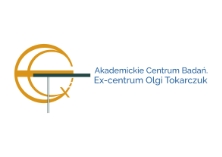
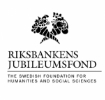






 Image-33-2.jpg
Image-33-2.jpg
